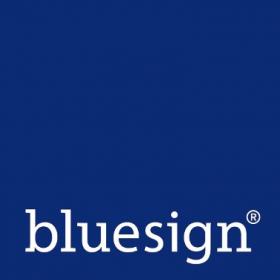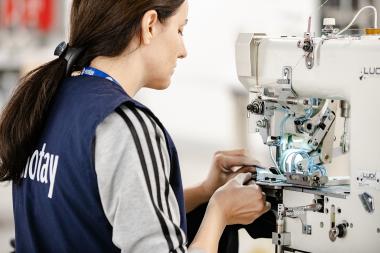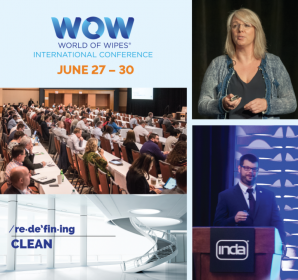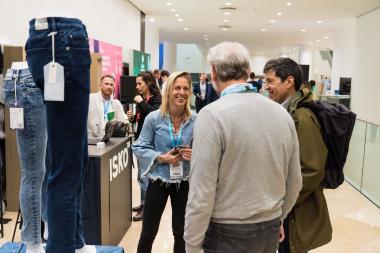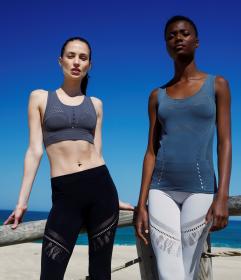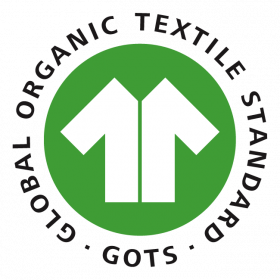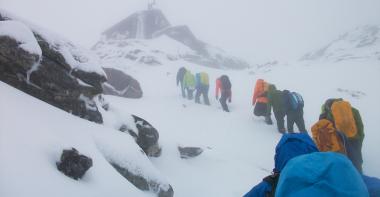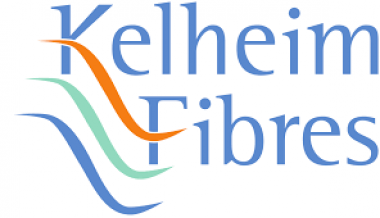Bluesign defines “sustainable attributes” for approved chemicals
By defining “sustainable attributes” for bluesign® APPROVED chemicals registered in the bluesign® FINDER, Bluesign is furthering its ability to provide more sustainable solutions by providing specified search functions to help chemical suppliers and the textile industry make better informed decisions. The bluesign® FINDER is a web-based, advanced search engine for manufacturers. It contains a positive list of preferred chemical products. Today more than 20,000 bluesign® APPROVED chemical products are registered in the bluesign® FINDER.
Bluesign® APPROVED chemical products meet the stringent bluesign® CRITERIA for chemical assessment. That means that the approved chemicals are produced following occupational health and safety (OH&S) practices with less environmental impact and excellent Product Stewardship following the principles of Input Stream Management and sustainable chemistry.
In addition to the existing functions within the bluesign® FINDER, bluesign® SYSTEM PARTNER chemical suppliers can claim selected sustainability attributes for their bluesign® APPROVED chemical products that will be displayed within the bluesign® FINDER. Sustainability claims will be verified by Bluesign during on-site assessments and through chemical assessments. Requirements and data provisions will be laid out in the criteria: bluesign® CRITERIA for chemical assessment ANNEX: Sustainability attributes for bluesign® APPROVED chemical products.
The bluesign® FINDER will be amended with search functions starting this year with the below first priority attributes:
- Renewable feedstock (biomass* or bio-based)
The sustainability attribute ‘Renewable feedstock (biomass or bio-based)’ is intended for use with any chemical product that contains at least 20% biomass content by weight in the form of biomass-derived carbon. - Sustainably sourced renewable feedstock (biomass* or bio-based)
The sustainability attribute ‘sustainably sourced renewable feedstock (biomass or bio-based)’ is intended for use with any chemical product that contains at least 20% biomass content by weight in the form of biomass-derived carbon. The biomass content shall originate from land that is certified sustainable. - Recycled content
The sustainability attribute ‘Recycled content’ is intended for use with any chemical product that contains at least 20% recycled content by weight. For the calculation of the recycled content only the dry content of the chemical product shall be regarded, excluding water.
Bluesign


